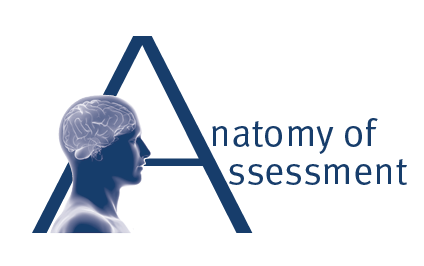One of the options is to consider removing the problematic assessment from the module assessment strategy altogether. When deciding whether that is an option for your module first reflect on the value and the impact of this particular assessment on student learning:
Remove the assessment altogether
- Is it a low stakes assessment?
- Does it focus on testing lower level skills on Bloom’s taxonomy?
- Would removing the assessment free more time for staff to provide meaningful feedback on the remaining assessments?
- Does the assessment test ILOs that are not tested anywhere else in the module?
Having several low stakes assessments can be beneficial as it distributes students’ effort, and, if designed this way, feeds into assessments that are higher stakes. However, it can also contribute to overloading, especially if students are unable to recognise the difference between high stakes and low stakes assessments and put similar amount of effort into preparing for both types. In this case you might consider removing the assessment especially if similar skills are tested later on through high stakes assessments and there is no clear link between this assessment and a higher stake summative.
If an assessment tests lower level skills that can be demonstrated in other assessments or the lower level skills are a stepping stone to higher level skills (for example an ability to recall and explain will also be tested through an ability to apply the knowledge as you cannot apply without demonstrating understanding) then you might think of removing the assessment altogether.
- Will the removal overall benefit the students in terms of their learning?
- Is the number of assessments on the module proportionate to the ECTS of the module?
- Would removing the assessment completely redistribute students’ workload on the module more evenly?
- Would removing the assessment completely remove some clashes with assessments on other modules?
Assessment loading, or more so overloading and bunching is a common issue with assessment design at Imperial and more broadly across the sector. As mentioned before, having too many low stakes assessments that are not spaced out can have a negative impact on students’ learning. This is especially the case if those assessments test lower level skills. Another thing to consider is how your module assessment works with other assessments on the programme. Again, having several deadlines for different modules can overload students. When students feel overloaded with work they might be pushed to adopt surface approaches to learning and as a result utilise AI in an inappropriate way to cope with the workload.
From staff perspective, it is much more difficult to give good quality meaningful feedback if the module is assessment heavy with assessment deadlines being close together. Feedback from one assignment should ideally feed into the next assessment so there must be sufficient space within the module for staff to provide feedback and for students to process feedback and learn from it.
If the same ILOs are tested elsewhere in the module then it is beneficial to remove the assessment to avoid overloading. If this is not the case then you should either consider changing the ILOs or adjust the remaining assessments to ensure that those ILOs are being tested elsewhere. If you do decide to change the ILOs consider also how this affects programme level ILOs (if at all).
When deciding to remove the assessment remember to:
- Follow the relevant QA processes
- Consult students and other stakeholders about the changes
- Redistribute the weighting of other assessments
- Brief other tutors on the module about the changes and how it impacts preparation and marking
Watch these video's

How can educators help students manage emotions
Kate Ippolito, Centre for Higher Education Research and Scholarship

The values and risks of frequent low stake assessments
Kate Ippolito, Centre for Higher Education Research and Scholarship

How to avoid over-assessing students
Judith Webster, Registry

